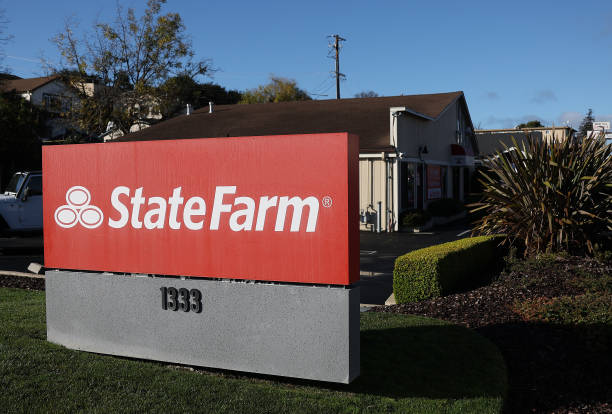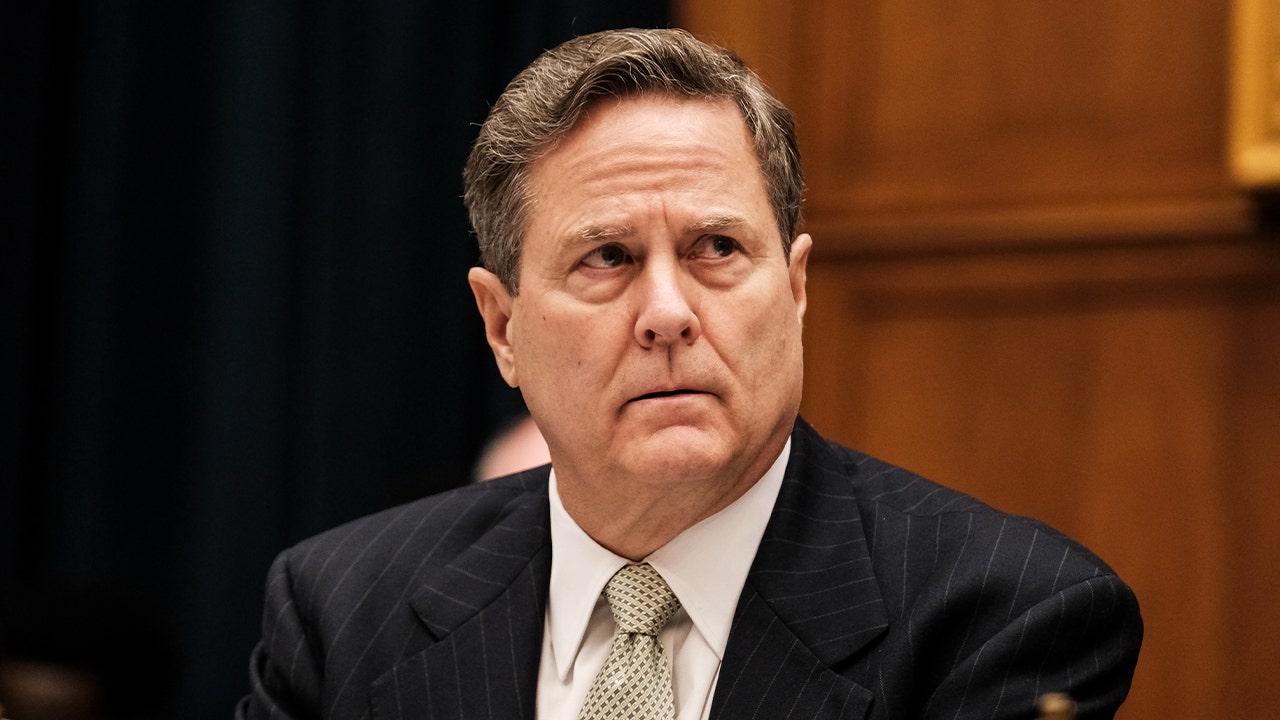Digital firms including Huge and R/GA, once darlings of Interpublic’s marketing services portfolio, will weigh on growth in the first half of 2023 as they evolve to meet the needs of a changing landscape.
On its Q4 and full-year 2022 earnings call on Thursday Feb. 7, IPG said decreases at both agencies impacted growth in the U.S. by 160 basis points in the quarter – a drag that pulled down the overall growth of the IPG Mediabrands unit.
“Every three to five years these agencies need to reinvent and reconfigure because they are at the leading edge,” said CEO Philippe Krakowsky on the call. “In the current environment, that’s where we find ourselves with them.”
R/GA laid off 5% of its New York staff in June and closed its San Francisco office in November as it restructured around geographically distributed vs. office-based teams.
The agency was also hit by the collapse of the crypto sector, losing somewhere between $7-10 million in revenue on crypto and NFT-related projects. The shakeup led to executive departures, most recently global CMO Ashish Prashar early this year.
Huge has repositioned itself around data and technology since IPG exec Mat Baxter took over as global CEO in June 2021. However, the agency kicked off the year by laying off 6% of its staff in January, on top of a 3% cut in July 2022.
According to Krakowsky, both businesses are largely project-based and therefore disproportionately impacted by client caution regarding the economy. He added that they’re more exposed to the tech sector, which has been undergoing mass-layoffs.
“Tying them more into open architecture or whether it’s the overall data stack that we’ve built is clearly something we need to focus on,” he added. “It may be that long-term success and a measure of independence will need to be addressed.”
Despite struggles at its digital agencies, IPG posted strong results for 2022, with organic growth at 7% year over year to $10.9 billion in revenue. In Q4, the holding company grew 3.8% organically, bringing in $2.99 billion in revenues, essentially flat year over year.
IPG grew in every region in Q4 and the full year, with the U.S., which accounts for 63% of its business, growing 2.4% organically.
International markets grew 6.1%, with 9.4% organic growth in the U.K. led by performance at its media and experiential agencies, as well as MullenLowe. Asia-Pacific grew 3% in the quarter with strength in Australia, Japan and China, while India decreased.
The holding company is forecasting 2% to 4% organic growth in 2023. Krakowsky said he is “comfortable with the midpoint of that range.”
“For us, it’s definitely a stronger back half,” he added.
Media, data and healthcare fuel growth
Krakowsky described IPG’s data, media and healthcare offerings as “vital to our strong performance.”
Its media, data and engagement solutions unit, which includes IPG Mediabrands, Acxiom, Kinesso, R/GA and Huge, was up 5.0% year over year organically in the quarter. IPG Mediabrands grew double digits, despite being dragged “significantly” by softness at the digital agencies, CFO Ellen Johnson said on the call.
Krakowsky pointed to the acquisition of Salesforce specialist RafterOne in October, its largest since the $2.3 billion purchase of Acxiom in 2018, as an investment in “a very strong asset in a very specific space that is growing very fast.”
“Salesforce as a platform means a lot more to a lot of our clients,” he added. “For the dollars that go into a major Salesforce implementation, there is a multiple that goes to the service provider. There’s a large service economy around that.”
He also noted IPG hired Jeriad Zoghby from Accenture as its chief commerce strategy officer, a new position that will “connect our existing channel and platform expertise” and “orchestrate how our company supports clients as they build out commerce solutions and integrate them with the full breadth of their marketing programs.”
While new business will remain important, IPG sees continued opportunities for organic growth with existing clients by offering them more of these “higher-value services.” Its revenue growth in 2022 was primarily driven by growing scope with existing clients.
Over the past three years, IPG organically added $1.2 billion dollars of revenue to the business.
“We definitely believe the primary avenue for growth, the one we are most keen on, is growth with existing clients,” Krakowsky said.
Open-ended caution
IPG is experiencing growth across auto and transportation, retail, government and healthcare clients. Technology and telecom have been impacted by recent struggles in the sector and the loss of a major account, respectively.
“A lot of the headlines and sector-specific issues we’re seeing in tech are manifesting in conversations with clients,” he said. “What we’re seeing is clients either taking reductions or not committing for a full year.”
As for client uncertainty overall, Krakowsky said it’s “less a function of the specifics of what’s going on right now. It’s just the open endedness, the concern about a potential downturn somewhere along the line as we get into 2023.”




















Discussion about this post